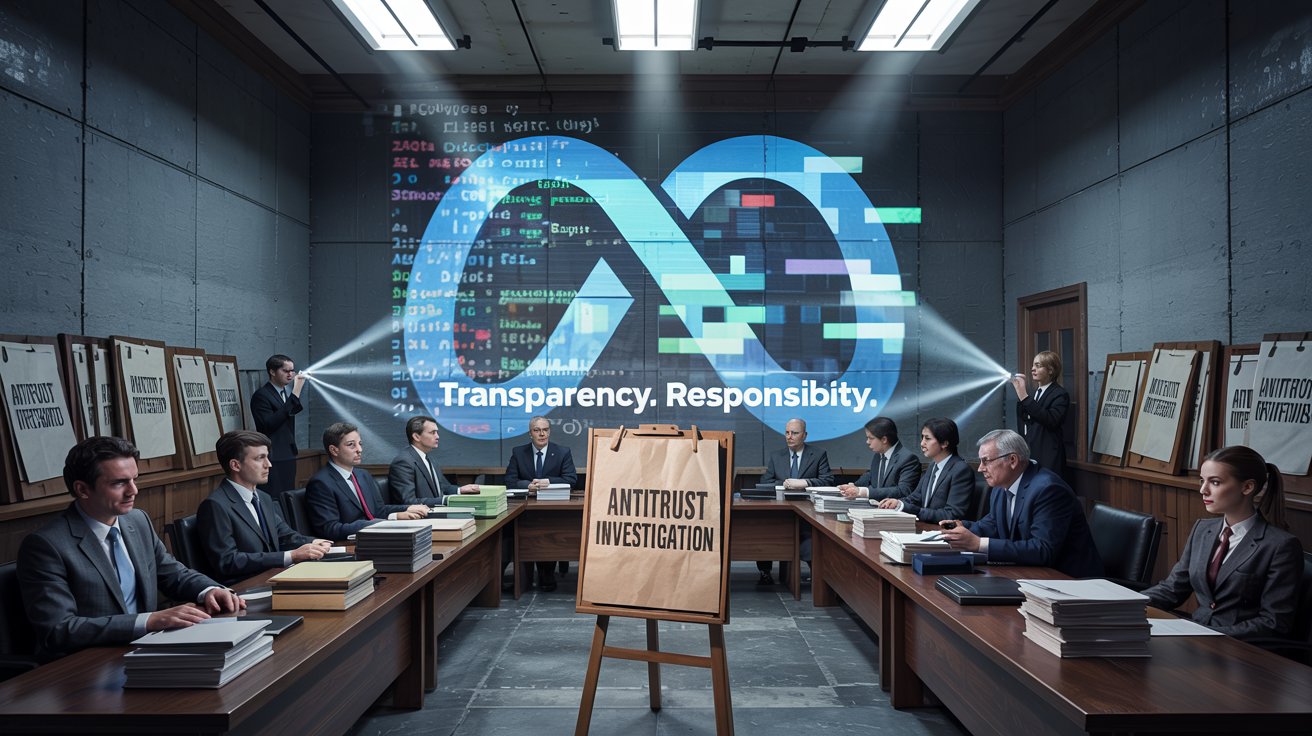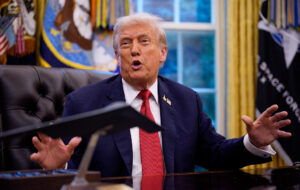Meta Faces Landmark Antitrust Trial: Is This the Beginning of Big Tech’s Fall? The U.S. government, led by the Federal Trade Commission (FTC), has launched a historic legal challenge against Meta, formerly Facebook, over claims of anti-competitive behavior. At the center of the case are the company’s past acquisitions of Instagram and WhatsApp—moves the government believes were aimed at eliminating competition and protecting Meta’s monopoly in the personal social networking space.
Understanding the FTC’s Allegations Against Meta
Why is Meta being sued now?
The FTC argues that Meta’s dominance is not the result of innovation—but of systematically buying out competitors before they could grow big enough to challenge Facebook’s monopoly.
Meta Faces Landmark Antitrust Trial, Key acquisitions under scrutiny:
| Platform | Year Acquired | Reason for Concern |
|---|---|---|
| 2012 | Threat to Facebook’s photo-sharing dominance | |
| 2014 | Growing competitor in global messaging |
According to internal company emails revealed during the investigation, Meta executives viewed these platforms as threats, and acquiring them was part of a strategy to “neutralize competition.”
What Makes This Antitrust Case a Turning Point?
This trial is different from past tech lawsuits because of its timing, scale, and potential outcomes. It’s not just about fines or small policy changes—it could lead to:
- Breakups: Instagram and WhatsApp could be forced to operate as separate companies again.
- New antitrust rules: Courts might set precedents that apply to other tech giants like Google and Amazon.
- Accountability: For the first time, regulators are questioning whether Big Tech can continue to grow unchecked.
How Meta Is Defending Its Business Practices
Meta argues that:
- These deals were legally approved at the time by regulators.
- It still faces strong competition from TikTok, YouTube, and Snapchat.
- Instagram and WhatsApp became better services because of Meta’s investment and scale.
Meta Faces Landmark Antitrust Trial, this sets up a classic legal battle: government vs. innovation, regulation vs. growth. The outcome could reshape tech industry dynamics across the USA and globally.
What This Means for Tech and American Consumers
This trial isn’t just about Meta—it’s about how freely competition is allowed to flourish in the U.S. tech space. If the government wins:
- Consumers may have more privacy protections
- Smaller tech startups could compete fairly
- Americans could regain more control over their data
A ruling against Meta would also send a clear message: No company is too big to regulate—and it could open the door to reforms in AI, surveillance, and platform accountability.
What Happens Next in This Landmark Antitrust Battle?
The case is still in early stages and could take months or years to resolve. But already, it’s forcing lawmakers, business leaders, and the public to reconsider:
- How digital monopolies are formed
- Whether social media platforms should be regulated like utilities
- If powerful companies should be broken up for the public good
Key Issues in the Meta Antitrust Trial
| Element | FTC’s Claim | Meta’s Defense |
|---|---|---|
| Instagram Acquisition | Eliminated photo-sharing competitor | Was approved, improved Instagram’s quality |
| WhatsApp Acquisition | Removed a growing messaging rival | Expanded WhatsApp’s scale and security |
| Monopoly Status | Meta holds dominant social market power | Competes with TikTok, Snapchat, YouTube |
| Proposed Remedy | Divest Instagram and WhatsApp | Would harm users and innovation |
| Implication for Tech Regulation | Could reshape U.S. antitrust enforcement | Could hinder innovation and economic growth |
A Battle Bigger Than Meta
This landmark case is about more than just Facebook, Instagram, or WhatsApp. It’s a legal showdown that may define the future of digital freedom, innovation, and fairness in the USA. With both public trust and regulatory power on the line, every American internet user should be watching this closely.
[USnewsSphere.com / ftc]





